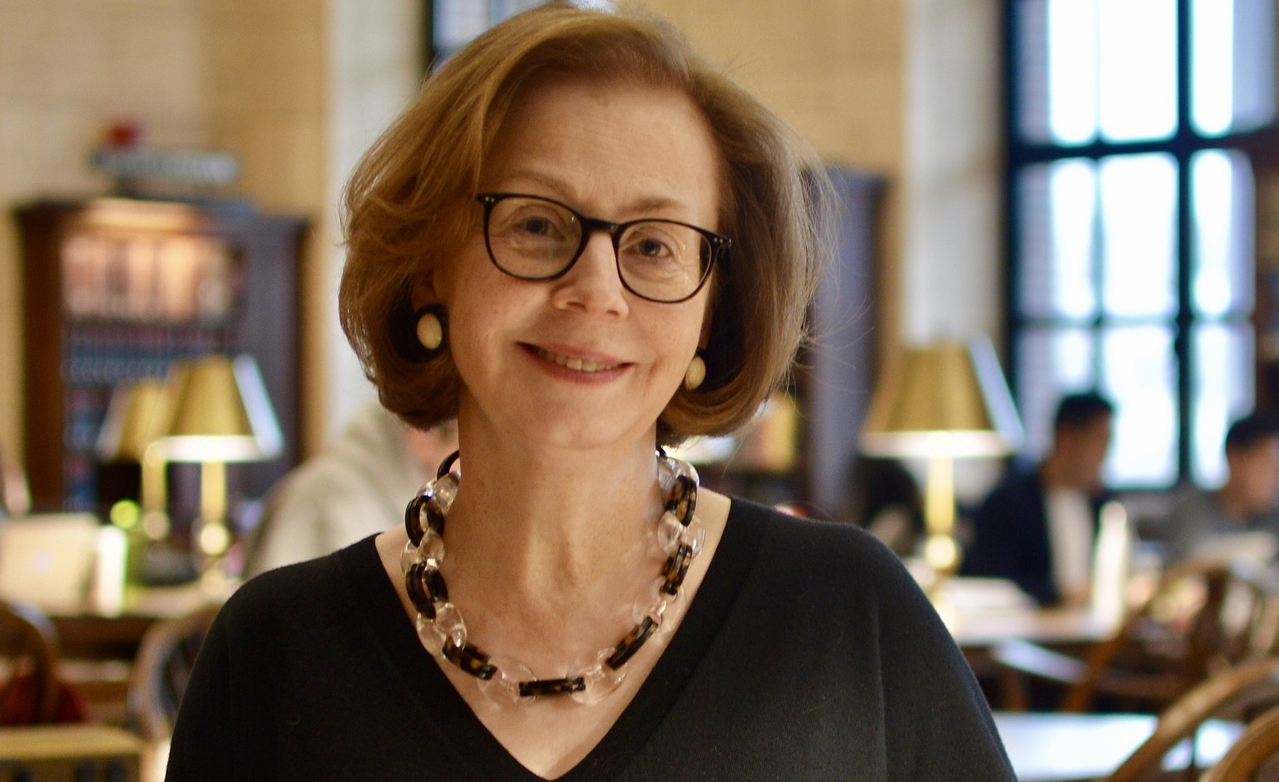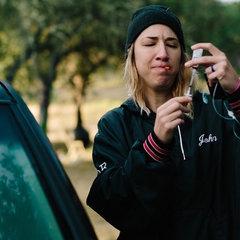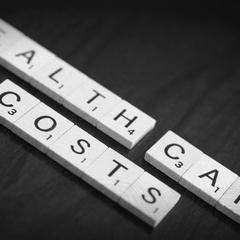
BCG Vaccine, A Safe and Affordable Treatment for Type 1 Diabetes
18 Oct 2018, 12:19 p.m. in by Dr. Denise Faustman
BCG is a 100 year old vaccine originally developed to prevent tuberculosis (TB). BCG is the most widely administered vaccine in the history of medicine is also one of the most affordable medicines, costing less than a dollar a dose in many parts of the world.
BCG is still given in many parts of the world and studies have examined the historical impact of BCG vaccination in Turkish children and found that at least three doses had a protective effect against type 1 diabetes compared to one or no vaccinations. A clinical trial using BCG to reverse multiple sclerosis also showed a clear clinical benefit beginning three years after vaccination. Over the last two decades researchers around the globe have been investigating if the mechanism that BCG uses to protect children from TB may be able to trigger a response from the immune system that would help with autoimmune diseases like type 1 diabetes.
A recent study from Massachusetts General Hospital (MGH) and Harvard Medical School (HMS) has confirmed the potential of BCG in patients with long standing type 1 diabetes. In the study, patients were able to lower their blood sugar to near normal levels for greater than 5 years with no need of re-vaccination. A significant improvement in blood sugars is a primary endpoint for diabetes clinical trials. Total insulin intake was reduced by about 1/3. Currently, the trials are not designed to take people totally off insulin although with certain combinations we might be able to strive for this in the future.
Continuous glucose monitors (CGMs) and insulin pumps can help patients bring down blood sugars, but these devices also have well documented drawbacks including cost, access and ease of use with continuous patient participation in the blood sugar monitoring. In addition, because of risks of potential lethal hypoglycemia, the blood sugar targets with insulin pumps is restricted. The recent data from Massachusetts General Hospital and Harvard Medical School shows that BCG vaccination can bring down blood sugar to near normal levels without any documented hypoglycemia.
BCG is an old drug, but its ease of use, safety and lower cost may be the start of a revolution in more efficacious and affordable diabetes therapy. Reduced insulin equates to reduced cost, but more importantly, a return of blood sugars to the near normal range without hypoglycemia will eliminate complications in the short term. Reduction of complications in the long term can also remove future financial burdens from both individuals and governments. Type 1 diabetes will be able to be managed in easier ways and therefore will lead to improved quality of life.
Multiple global clinical trials are ongoing testing the re-purposing of the BCG vaccine for autoimmune diseases (i.e., Phase II adult type 1 diabetes trials, Phase III multiple sclerosis trials), allergies, and boosting immunity to infection. The 150 patient Phase II adult type 1 diabetes clinical trial that begun at MGH in 2015 is fully enrolled and currently the only BCG trial ongoing in the United States. All 100 BCG treated patients in the Phase II trial have received at least two BCG vaccines doses. MGH is currently raising funding to begin a pediatric type 1 diabetes clinical trial and also to begin an expanded access program that would allow more eligible patients.
If you are interested in registering to receive more information as we progress, please email the Immunobiology Lab at MGH, diabetestrial@partners.org. You can also learn more www.faustmanlab.com.






